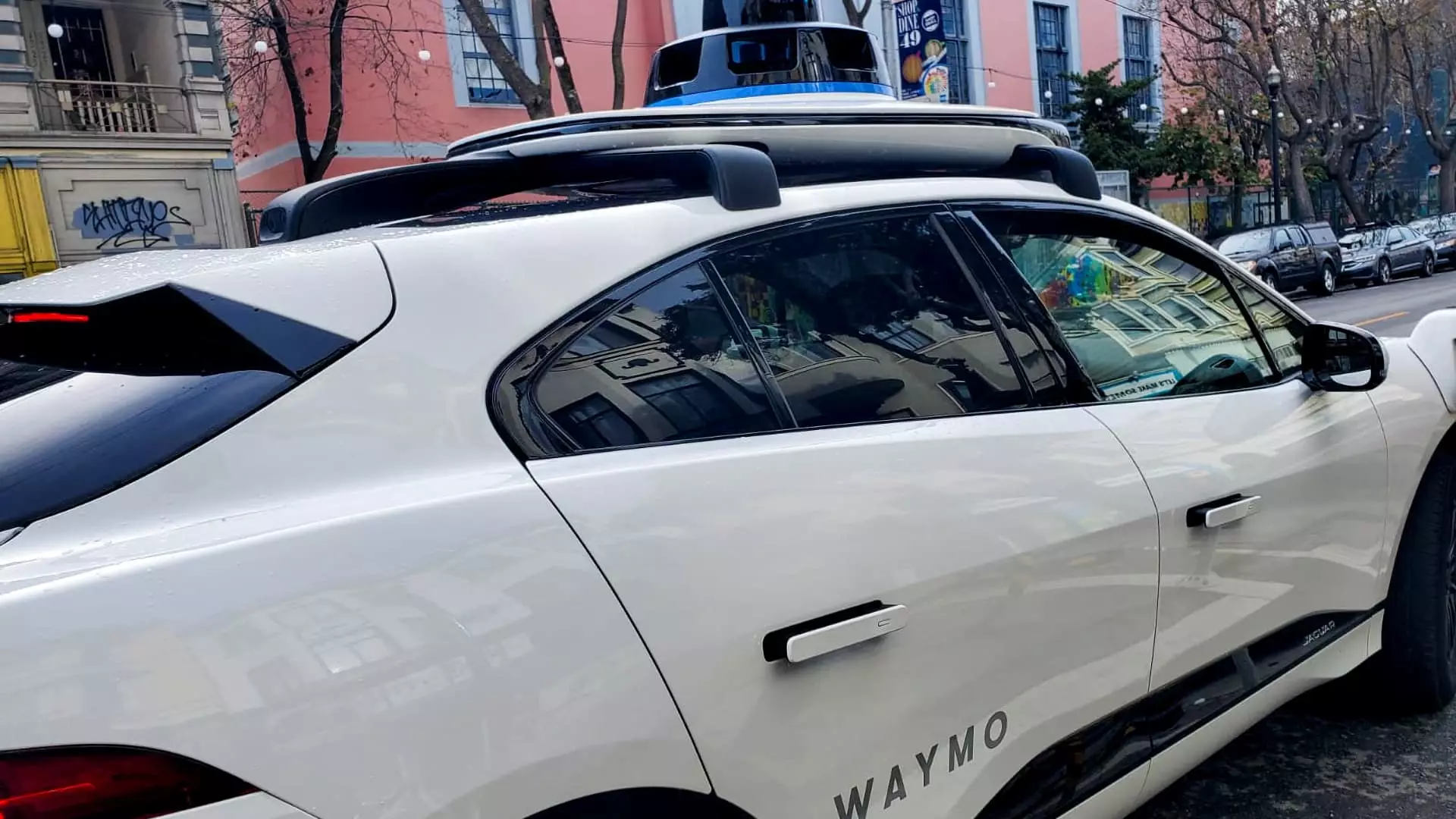In a significant announcement made on Monday, Waymo, the autonomous driving subsidiary of Alphabet, revealed plans to initiate its autonomous vehicle testing in Tokyo, Japan, in early 2025. This move marks Waymo’s debut in international markets, indicating a substantial shift in the company’s strategy as it aims to expand beyond the United States. However, despite the optimism surrounding the tests, Waymo has not yet committed to launching a commercial service in Tokyo, leading to questions about the company’s long-term intentions in foreign markets.
Key to unlocking the Tokyo market will be Waymo’s collaboration with Nihon Kotsu, Japan’s largest taxi operator, in addition to the integration of the GO taxi app. This partnership will initially see Nihon Kotsu drivers operating Waymo’s Jaguar I-PACE vehicles, primarily focused on mapping critical regions across the bustling metropolis. Notable districts such as Minato, Shinjuku, Shibuya, Chiyoda, Chūō, Shinagawa, and Kōtō will be prioritized as Waymo collects vital data that will contribute to the AI development necessary for effectively navigating Tokyo’s complex urban landscape. This collaboration exemplifies the importance of local knowledge and expertise when introducing a foreign technology in an established market.
The proposed roadmap for Waymo’s testing process emphasizes data collection as a means of enhancing AI capabilities. The strategy involves not only on-site testing in Tokyo but also simulating similar driving conditions on a closed course in the United States. This comprehensive approach serves to ensure that the artificial intelligence driving the autonomous vehicles is fine-tuned and adept at navigating an environment rich in unique challenges, including Japan’s relatively narrow roads and intense pedestrian activity. The outcome of these preliminary phases will crucially dictate how the company adapts its operations moving forward.
Waymo acknowledges the necessity of working closely with local stakeholders, including government officials and community organizations, to fully understand Tokyo’s transportation ecosystem. By engaging with these groups, the company aims to evaluate community needs and identify how its services can provide enhanced transportation options for residents. As stated by Waymo, the firm’s commitment extends beyond merely deploying technology; it aims to be a beneficial component of the city’s infrastructure, particularly as Tokyo seeks to modernize its transport options amid challenges stemming from an aging population.
Waymo isn’t entering a vacuum; it faces competition not only from local startups like Tier IV and ZMP, which are actively working on autonomous delivery and public transport solutions, but also from established automotive giants. General Motors’ recent announcement regarding its decision to retract from the robotaxi sector with Cruise signals that the landscape is both volatile and challenging. In contrast, Honda’s cautious optimism regarding its own plans for a driverless service in Japan illustrates the mixed sentiments within the automotive industry. The evolving competition raises questions about how Waymo will position itself against both local and global players in this rapidly changing environment.
The anticipated testing phase in Tokyo comes against a backdrop of escalating initiatives to embrace automated technologies. The Japanese government has expressed strong interest in leveraging autonomous driving as a solution to address transportation challenges linked to its ageing demographic. With designated “test zones” for self-driving vehicles emerging in Tokyo, the potential for a more integrated and efficient transport solution seems promising. However, the path forward for Waymo will rely heavily on its adaptability and responsiveness in a foreign market characterized by high expectations and distinct cultural nuances.
Waymo’s expansion into Tokyo represents more than just an exploration of new markets; it symbolizes a strategic pivot towards international presence and collaboration. Balancing innovation with local engagement will be vital as Waymo seeks to navigate the complexities of Tokyo’s transport ecosystem and establishes its presence in the global race for autonomous technology.


Leave a Reply